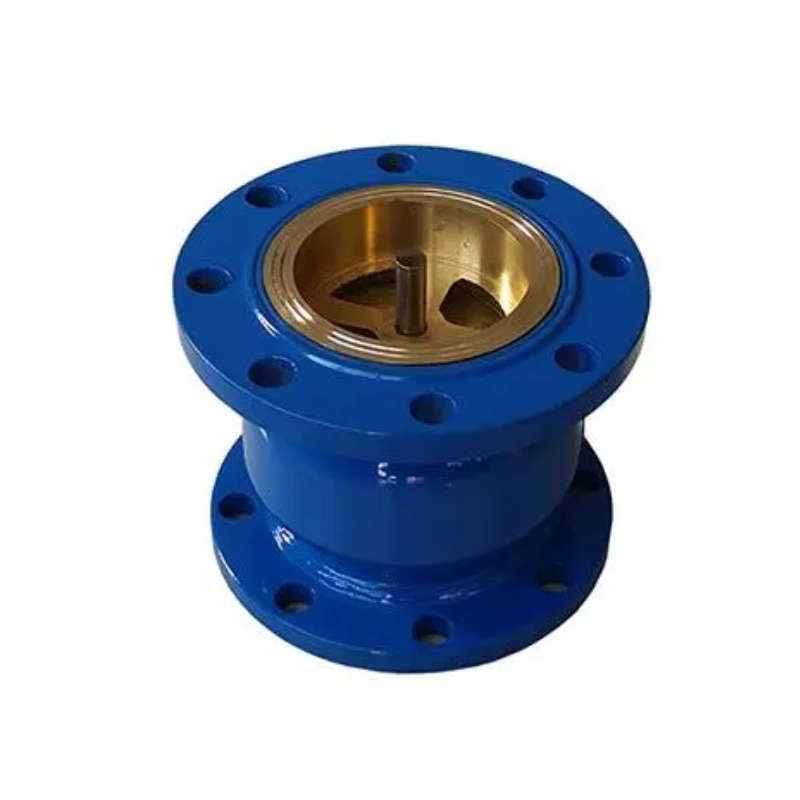12 月 . 04, 2024 16:28 Back to list
gate valve shut off
Understanding Gate Valves and Their Shut-Off Mechanisms
Gate valves are essential components in various piping systems, commonly used in industrial and municipal applications to regulate the flow of fluids. These valves are designed to provide a reliable shut-off capability, ensuring that when closed, they prevent any fluid from passing through the flow path. This article will explore the functionality, application, and advantages of gate valves in controlling flow.
What is a Gate Valve?
A gate valve is a type of linear motion valve that operates by raising or lowering a wedge-shaped gate within the valve body. The primary purpose of a gate valve is to provide a complete shut-off or full flow of media. These valves are typically installed in pipelines that require minimal pressure drop and have a straight flow path, making them an ideal choice for applications requiring full flow or stoppage of fluid.
Gate valves are constructed with two main components the body, which houses the internal mechanism, and the gate itself, which obstructs or allows the passage of fluid. The mechanism is operated via a handwheel or actuator that raises or lowers the gate. When the valve is fully open, the gate retracts completely into the valve body, permitting unrestricted flow.
How Gate Valves Operate
The operation of a gate valve relies on a few critical components
1. Wedge or Gate This component seals the valve when it is closed. Most gate valves use a wedge design, which can either be parallel or inclined. 2. Stem The stem connects the handwheel (or actuator) to the gate, facilitating the movement of the gate when the valve is operated. 3. Nut This component provides the required mechanical advantage to turn the stem, allowing for easier gate movement. 4. Sealing surfaces These are critical for ensuring an effective seal when the gate is in the closed position.
When the valve is turned to the closed position, the stem pushes the gate against the seat, creating a tight seal that prevents fluid from passing. Conversely, when the valve is opened, the gate is pulled upward, allowing fluid to flow through the valve unhindered.
gate valve shut off

Applications of Gate Valves
Gate valves are widely used across various industries due to their versatility and effectiveness in providing shut-off capabilities. Some common applications include
- Water supply systems Used to control the flow of water in municipal systems for residential and commercial usage. - Oil and gas pipelines Essential in the extraction and transportation of oil and gas products, ensuring safe operations during shutdowns and maintenance. - Power plants Employed to manage the flow of steam and water in cooling systems, boilers, and other critical infrastructure. - Chemical processing Used in the processing and transport of chemicals, where the ability to isolate sections of the pipeline is crucial for safety and operational efficiency.
Advantages of Gate Valves
Gate valves offer several advantages, making them a popular choice for shut-off applications
1. Minimal pressure drop When fully open, gate valves provide an unobstructed flow path, resulting in minimal pressure loss. 2. Durability Constructed from robust materials like cast iron, stainless steel, or bronze, gate valves can withstand high-pressure conditions and corrosive environments. 3. Ease of operation The straightforward design allows for easy manual operation or integration with automated control systems. 4. Low maintenance With fewer moving parts than other valve types, gate valves generally require less maintenance, resulting in lower operational costs.
Conclusion
Gate valves are a fundamental component in the management of fluid flow in various industries. Their effective shut-off capabilities, durability, and ease of operation make them ideal for applications where precise control of fluid transport is critical. Understanding the functionality and advantages of gate valves enables operators to make informed decisions when designing and implementing fluid control systems. As industries continue to evolve and expand, the importance of reliable shut-off mechanisms like gate valves will remain a critical element in engineering and operational excellence.
-
Y Type Strainers: A Comprehensive GuideNewsOct.18,2024
-
Understanding Water Valve Options for Your NeedsNewsOct.18,2024
-
Functions and TypesNewsOct.18,2024
-
An Essential Component for Fluid SystemsNewsOct.18,2024
-
Adjustment and ReplacementNewsOct.18,2024
-
Slow Closing Check Valves: A Key Component in Fluid SystemsNewsOct.08,2024
Related PRODUCTS









